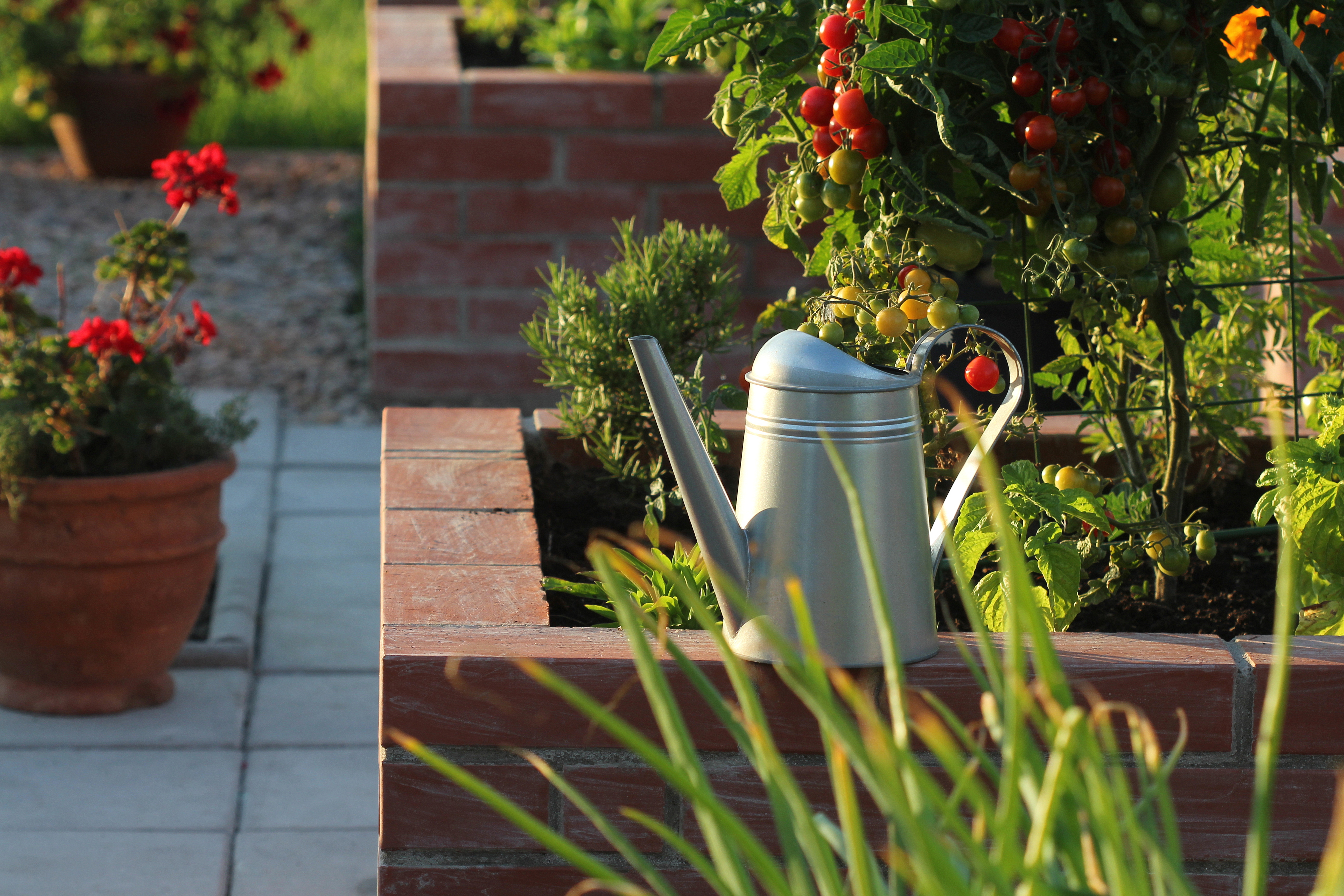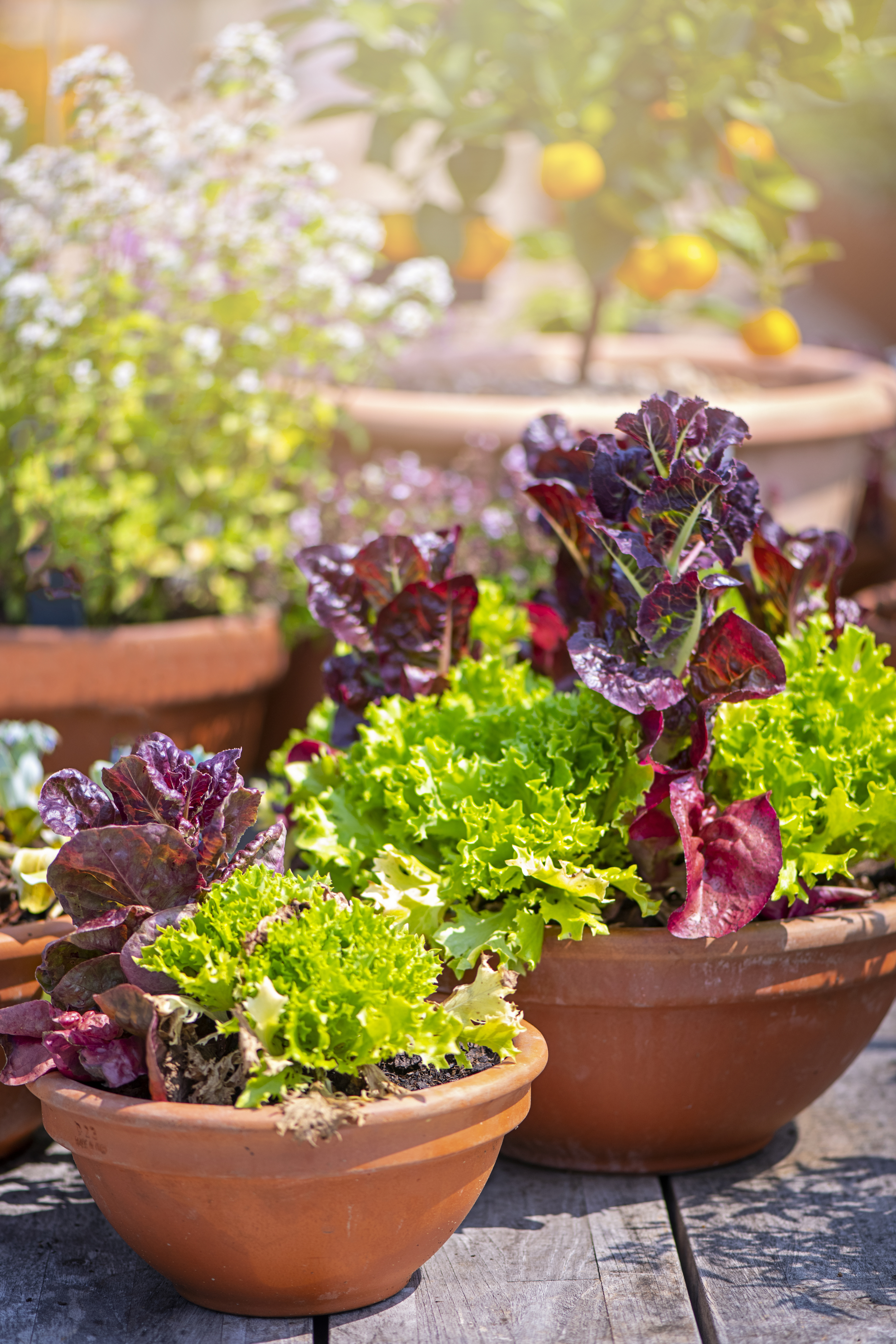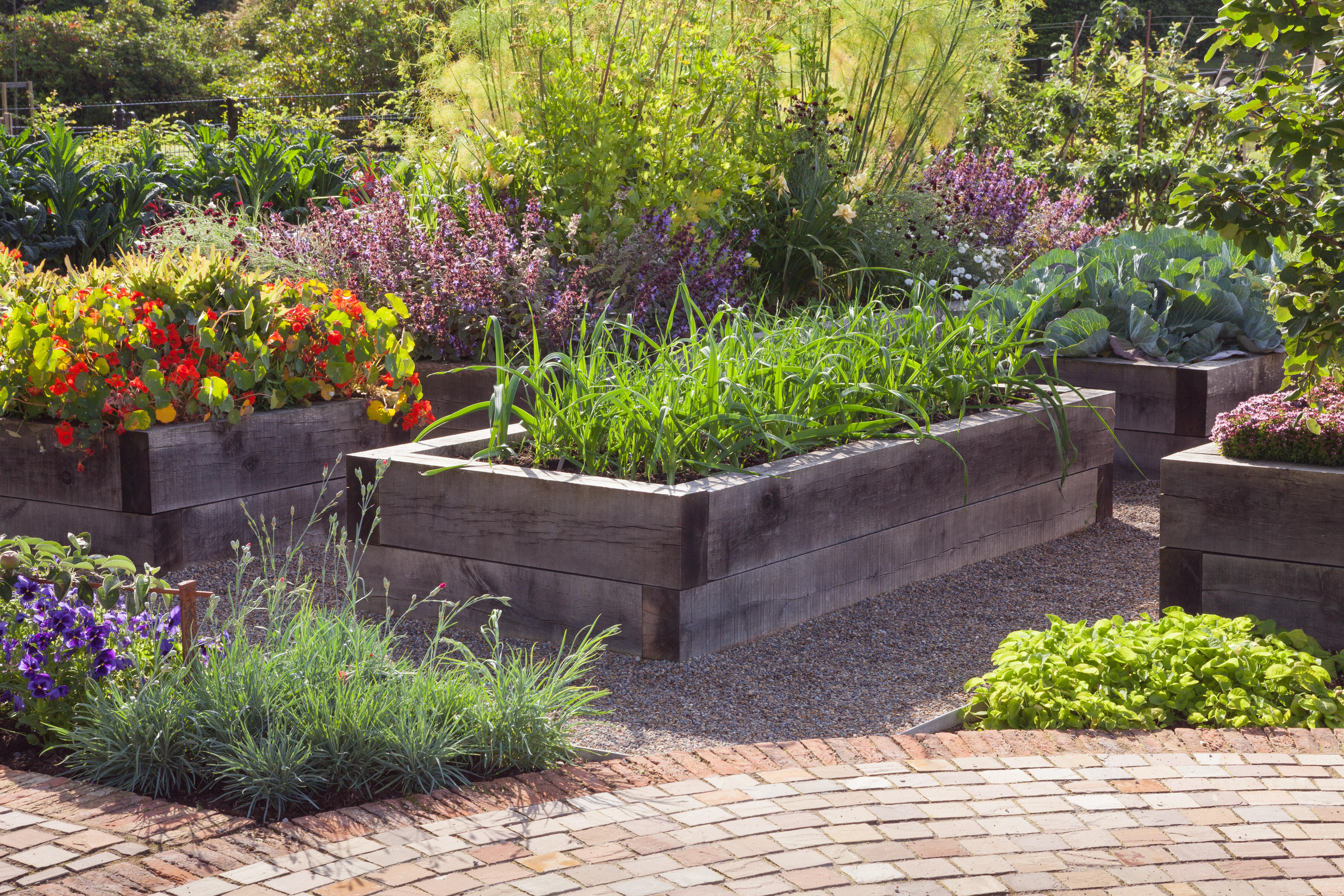
Dipping your toes into the world of gardening seems all well and good until you discover the plethora of potting mixes, the complexities of compost, and the mystifying world of soil. That brown stuff underground? Well it isn't just 'dirt', as you once referred to it, and you'll want to use the right type if you're taking your gardening seriously.
Here's the thing; soil, compost, potting mix - they're all different types of growing medium, each one preferable for particular gardening endeavors. Getting to know how each one works and when to use it will take years of experience, but for the majority of beginner planting there's one that's widely considered the holy grail by gardeners. Its name? Mel's Mix.
If you're beginning your foray into the world of planting and want the healthiest plants possible, you'll want to know about this miracle growing medium. To help you, we asked some gardening experts for their insights into the wonders of Mel's potting mix and when you should be using it for a fabulously flourishing modern garden.
What is Mel's Mix?

Put simply, Me's mix is a type of soilless potting mix. These are a mixture of organic materials such as peat moss, along with other elements such as perlite which are aimed at improving drainage. They're your standard potting mix for container gardening, and Mel's mix is widely regarded as top of the game.
So what actually is Mel's mix, and why the name? 'Mel's Mix is a soil blend devised by Mel Bartholomew, the pioneer of the Square Foot Gardening method,' explains Tony O'Neill, expert gardener and founder of Simplify Gardening. 'The mix comprises of 1/3 blended compost, 1/3 peat moss, and 1/3 coarse vermiculite. It's well-balanced, fertile, and highly adaptable, making it an ideal choice for gardeners.'
According to Zahid Adnan of The Plant Bible, you can also use coconut coir instead of peat moss since it's a far more renewable source. 'This mix is designed to create a nutrient-rich, well-draining, and lightweight growing medium for plants,' he adds.
What's so great about Mel's Mix?

The vast majority of gardeners rave about the powers of Mel's Mix, and for good reason. 'Firstly, its balanced composition ensures that plants receive essential nutrients while maintaining proper moisture levels,' says Zahid. 'Additionally, the mix's lightweight nature makes it easy to work with and ideal for rooftop or balcony gardening.'
There's also the fact that the potting mix contains no typical garden soil which helps reduce the risk of soil-borne diseases and weeds which, as Zahid notes, promotes a healthier growing environment.
Finally, one of the primary benefits of Mel's Mix which makes it one of the best soils for raised beds and container gardening is that the addition of peat moss helps with soil aeration and water retention. 'The vermiculite also aids in maintaining the appropriate moisture level, preventing the soil from becoming either too dry or too waterlogged,' notes Tony.
What sort of gardening should you use Mel's Mix for?

Since Mel's Mix is developed to aid with water retention and aeration it's best for shallow potted plants, but overall, it's extremely versatile. 'Mel's Mix can be used for various gardening tasks, from growing vegetables to potting plants,' says Tony. 'It's particularly great for raised bed gardening and container gardening, where you need soil that drains well and retains enough moisture to keep plants happy.'
'It's also particularly beneficial for vegetable container gardening, herbs, and other annual plants,' adds Zahid. There's no reason you can't use Mel's Mix for general in-ground gardening, either. Just make sure it's a medium that the specific plants in your flower beds will be happy in (avoid those that prefer sandy or loamy soil, or any dry garden plants such as lamb's ear, lavender, and succulents).
What's a good substitute for Mel's Mix?
If you can't get your hands on the different elements needed to make Mel's Mix, or you're looking for a ready-mixed potting medium, there are a few alternatives out there that make a pretty good substitute.
According to Tony, you can combine compost with coconut coir as a sustainable alternative to peat moss, and perlite can work well instead of vermiculite. 'Again, the key is creating a soil mix that balances drainage, moisture retention, and nutrient richness,' he says. Although it may not have the exact characteristics of Mel's Mix, it still offers the same key benefits.







